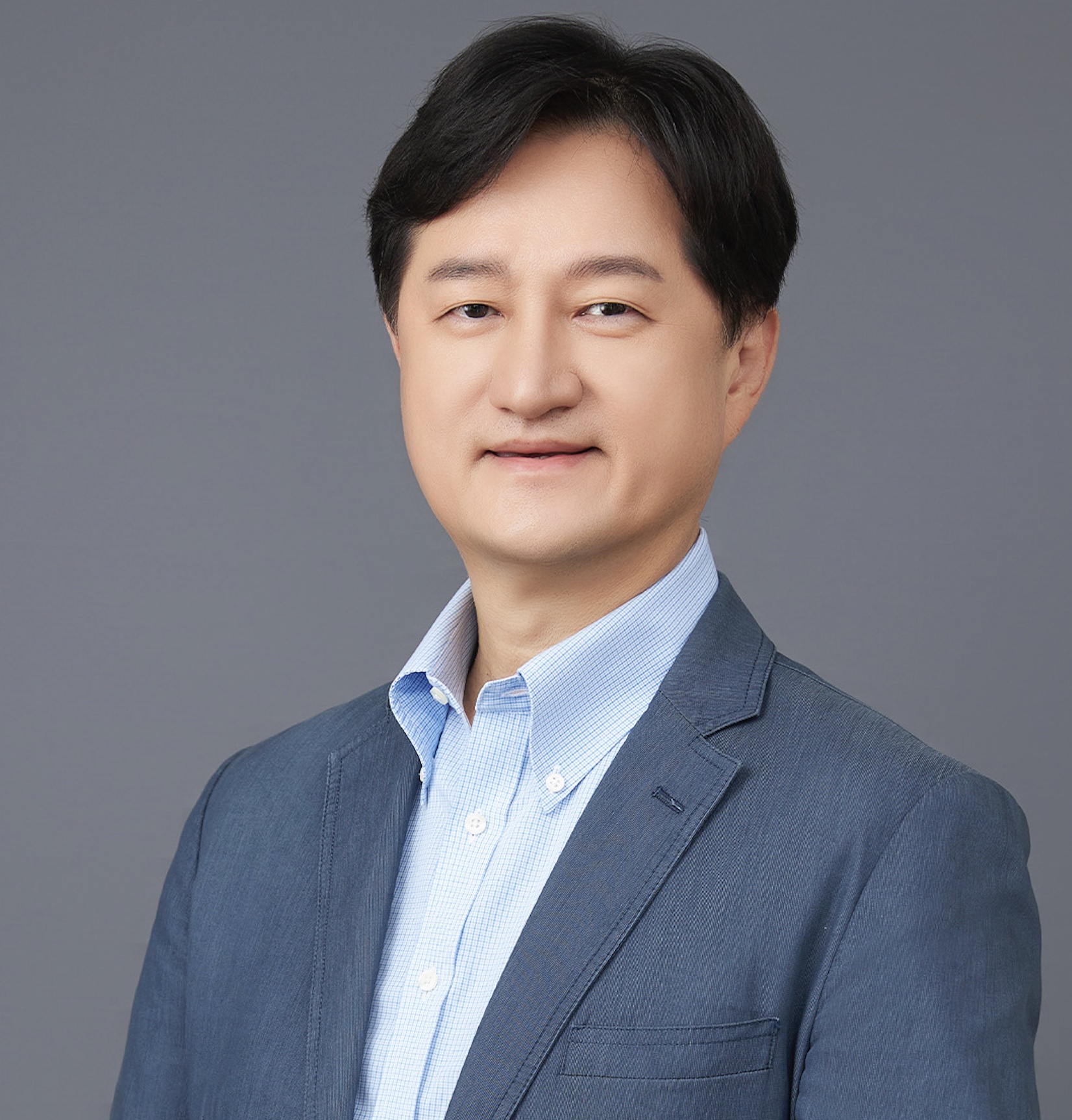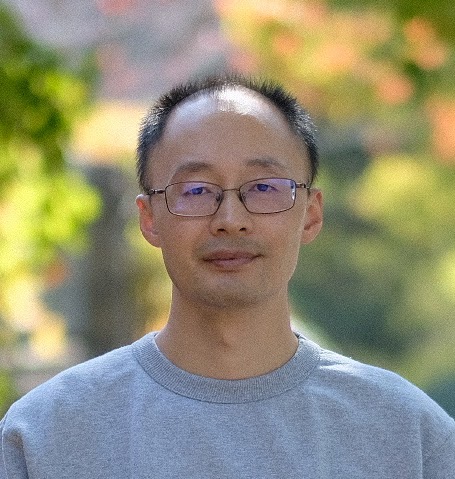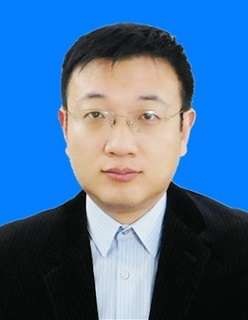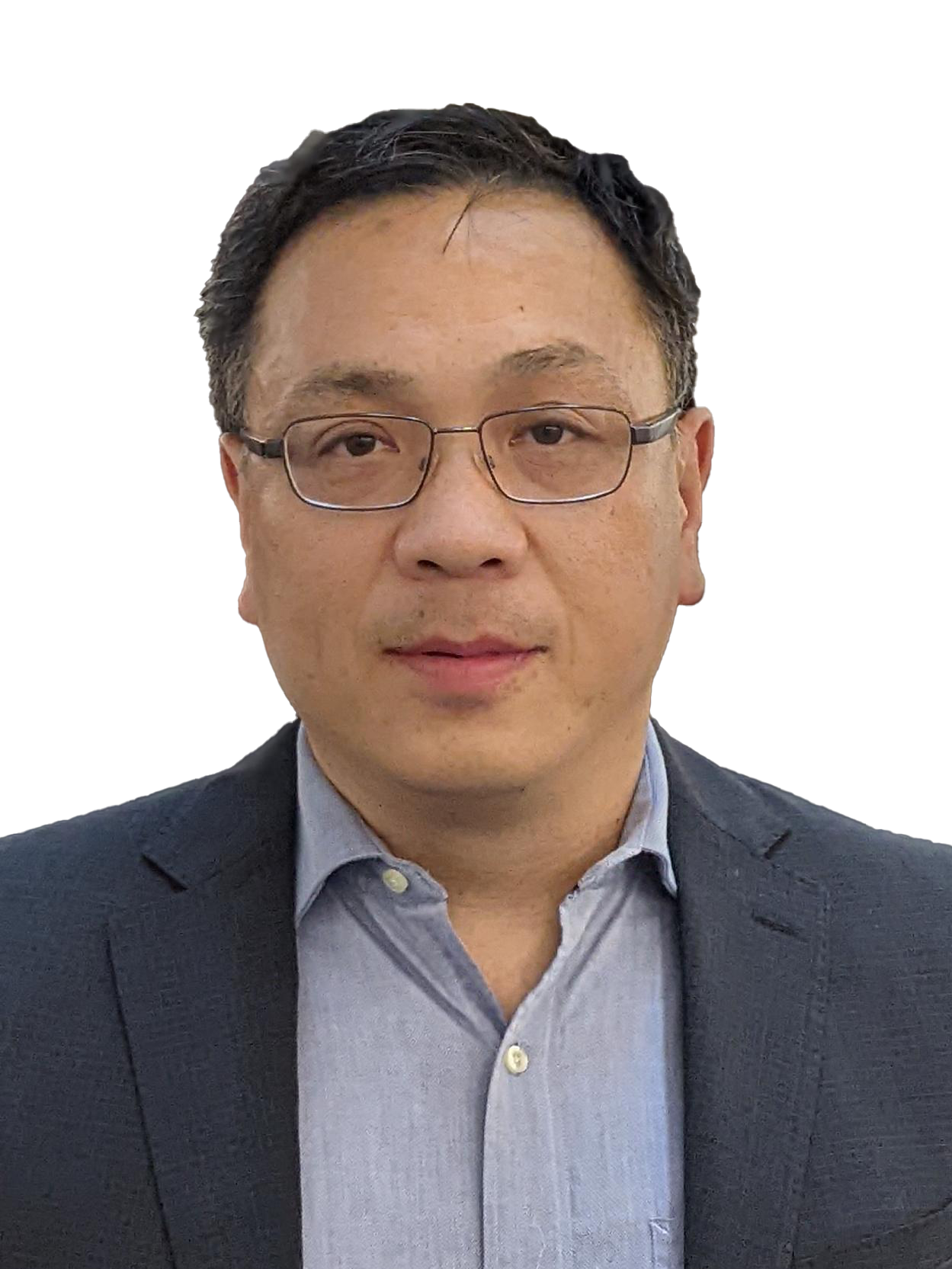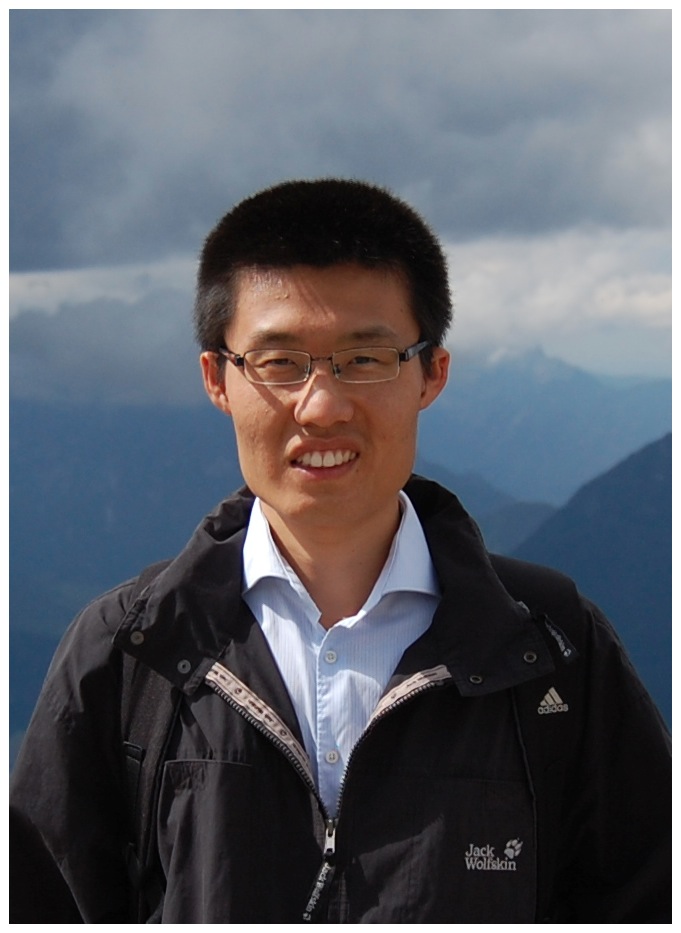Schedule
Note: Authors of accepted papers will be invited to give a 10-minute oral presentation (8 minutes presenttions + 2 minutes Q&A). All accepted papers will be invited to give poster presentations during the poster session.
Zoom Link: Link Password: 202312
Location: Room 5
| Time(GMT+8) | Title | ||
|---|---|---|---|
| 8:00 am - 8:10 am | Prof. Kai Yang | Opening Remarks | |
| 8:10 am - 9:00 am | Prof. Vincent S. Tseng | Keynote Talk 1: Time Series Deep Learning of Early Anomaly Classification/Prediction with Applications in Healthcare Domains (Virtual) | |
| 9:00 am - 9:50 am | Prof. Yuxuan Liang | Keynote Talk 2: When AI Meets Spatio-Temporal Data: Concepts, Methodologies, and Applications | |
| 9:50 am – 10:30 am | Paper Presentations 1-4 | 1. Enhancing Asynchronous Time Series Forecasting with Contrastive Relational Inference Yan Wang, Zhixuan Chu, Tao Zhou, Caigao Jiang, Hongyan Hao, Minjie Zhu, Xindong Cai, Qing Cui, Longfei Li, James Y Zhang, Siqiao Xue, and Jun Zhou 2. Infinite forecast combinations based on Dirichlet Process Yinuo Ren, Feng Li, Yanfei Kang, and Jue Wang 3. Probabilistic Forecast Reconciliation with Kullback-Leibler Divergence Regularization Guanyu Zhang, Feng Li, and Yanfei Kang 4. Outlier Elimination and Reliability Assessment for Peak and Declining Time Series Datasets Jungeun Yoon, Aekyeung Moon, and Seung Woo Son | |
| 10:30 am – 11:00 am | Tea Break | Poster Session | |
| 11:00 am – 11:50 am | Dr. James Zhang | Keynote Talk 3: Time Series for Green Data Centers (Virtual) | |
| 11:50 am - 12:50 pm | Lunch Break | Poster Session | |
| 12:50 pm – 13:50 pm | Paper Presentation 5-10 | 5. Automatic Component Identification Based on Time Series Classification for Intelligent Devices Mingsen Du, Yanxuan Wei, Yupeng Hu, Xiangwei Zheng, and Cun Ji 6. Adversarial Anomaly Detection using Gaussian Priors and Nonlinear Anomaly Scores Fiete Lüer, Tobias Weber, Maxim Dolgich, and Christian Böhm 7. Towards graph-based forecasting with attention for real-world restaurant sales Henrique Duarte Moura, Leonid Kholkine, Lynn D'eer, Kevin Mets, and Tom De Schepper 8. Time Series Anomaly Detection using Diffusion-based Models Ioana Pintilie, Andrei Manolache, and Florin Brad 9. An Interpretable Distance Measure for Multivariate Non-Stationary Physiological Signals Sylvain W. Combettes, Charles Truong, and Laurent Oudre 10. INFRANET: Forecasting intermittent time series using DeepNet with parameterized conditional demand and size distribution Diksha Shrivastava, Sarthak Pujari, Yatin Katyal, Siddhartha Asthana, Chandrudu K, and Aakashdeep Singh | |
| 13:50 pm – 14:00 pm | Closing Remarks |
Speakers
Title: Time Series Deep Learning of Early Anomaly Classification/Prediction with Applications in Healthcare Domains
Abstract: In this talk, I will introduce recent developments on the topic of Early Anomaly Classification/Prediction through deep learning on time series, especially the new frameworks that integrate various kinds of techniques to optimize multiple metrics like accuracy and earliness simultaneously. Evaluations and applications in real-world healthcare domains for early classification/predictions on critical anomalies like arrythmia and sepsis using various vital signs (like ECG, etc) will also be illustrated to show the potential of this emerging field.
Title: When AI Meets Spatio-Temporal Data: Concepts, Methodologies, and Applications
Abstract: With the rapid advances in new-generation information technologies such as the Internet of Things, 5G, and mobile Internet, Spatio-Temporal (ST) data are growing explosively in urban areas. In contrast to image, text, and voice data, ST data often present unique spatio-temporal characteristics, including spatial distance and hierarchy, as well as temporal closeness, periodicity, and trend. Spatio-Temporal AI is a proprietary AI technology for ST data, where AI meets conventional city-related fields, like transportation, civil engineering, environment, and economy, in the context of urban spaces. This talk first introduces the concept of Spatio-Temporal AI, discussing its general framework and key challenges from the perspective of computer science. Secondly, we classify the applications of spatio-temporal AI into four categories, consisting of modeling ST trajectories, ST grid data, ST graphs, and ST series. We also present representative scenarios in each category. Thirdly, we delineate our recent progress in the methodologies of the above four categories in various applications. Finally, we outlook on the future of spatio-temporal AI, suggesting a few research topics that are somehow missing in the community.
Title: Time Series for Green Data Centers
Abstract: The exponential growth of cloud computing has led to a disturbing escalation in carbon emissions from data centers, which now contribute to over 3% of global greenhouse gas emissions. This pressing issue calls for urgent action to mitigate their escalating impact on the environment, as well as the strain they impose on the global climate. As part of the efforts towards Ant Group's goal towards carbon neutrality by 2030 and the general ESG (Environmental, Social and Governance) strategy, we focus on improving resource utilization in order to save electricity usage of data centers. Our proposed methodologies, such as Full Scaling Automation (FSA), NeuralReconciler for Hierarchical Time Series and Structured Learning and Task-based Optimization for Time Series Forecasting on Hierarchies (SLOTH), not only forecast the resource demands effectively, but can also dynamically adapt resources to accommodate changing workloads in large-scale cloud computing clusters, enabling the clusters in data centers to maintain their desired CPU utilization target and thus improve energy efficiency. Our approaches achieve significant performance improvement compared to the existing work in real-world datasets. These methods have been deployed on large-scale cloud computing clusters in industrial data centers, and according to the certification of the China Environmental United Certification Center (CEC), a reduction of 947 tons of carbon dioxide, equivalent to a saving of 1538,000 kWh of electricity, was achieved during the Double 11 shopping festival of 2022, marking a critical step for our company’s strategic goal towards carbon neutrality. Our proposed systems been running robustly and continuously since then, contributing to the energy efficiency of Ant Group's cloud services. We have further open-sourced our solution under Kapacity, and we remain committed to continuously innovating and developing new solutions to contribute towards the creation of a more sustainable technological infrastructure.
Workshop Organizers
The following are arranged in alphabetical order
Program Committee
- Yuncong Chen, NEC Labs America United States
- Shikai Fang, The University of Uath USA
- Guanchao Feng, Stony Brook University United States
- Yifeng Gao, The University of Texas Rio Grande Valley United States
- Zhixiong Hu, University of California, Santa Cruz United States
- Huiqun Huang, University of Connecticut United States
- Yang Jiao, Tongji University China
- Yuhao Liu, Capital One United States
- Dalin Qin, The University of Hong Kong China
- Dongjin Song, University of Connecticut United States
- Qingsong Wen, Alibaba DAMO Academy United States
- Jun Wu, Georgia Institute of Technology United States
- Xuesong Ye, Trine University United States
- Yunting Yin, Stony Brook University United States
- Li Zhang, University of Texas Rio Grande Valley (UTRGV) USA
- Yunkai Zhang, University of California, Berkeley United States
- Xinliang Zhou, Nanyang Technological University Singapore
